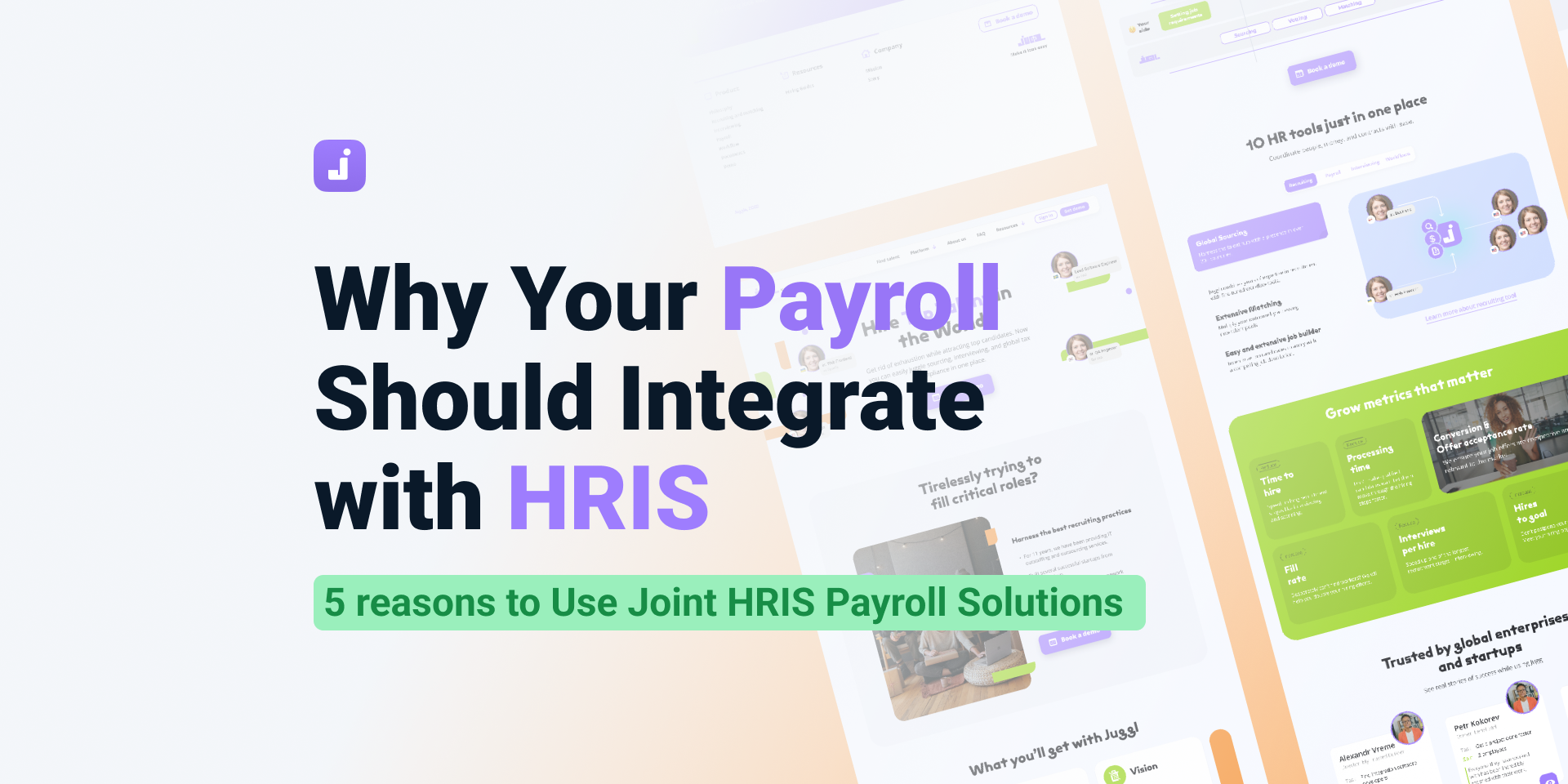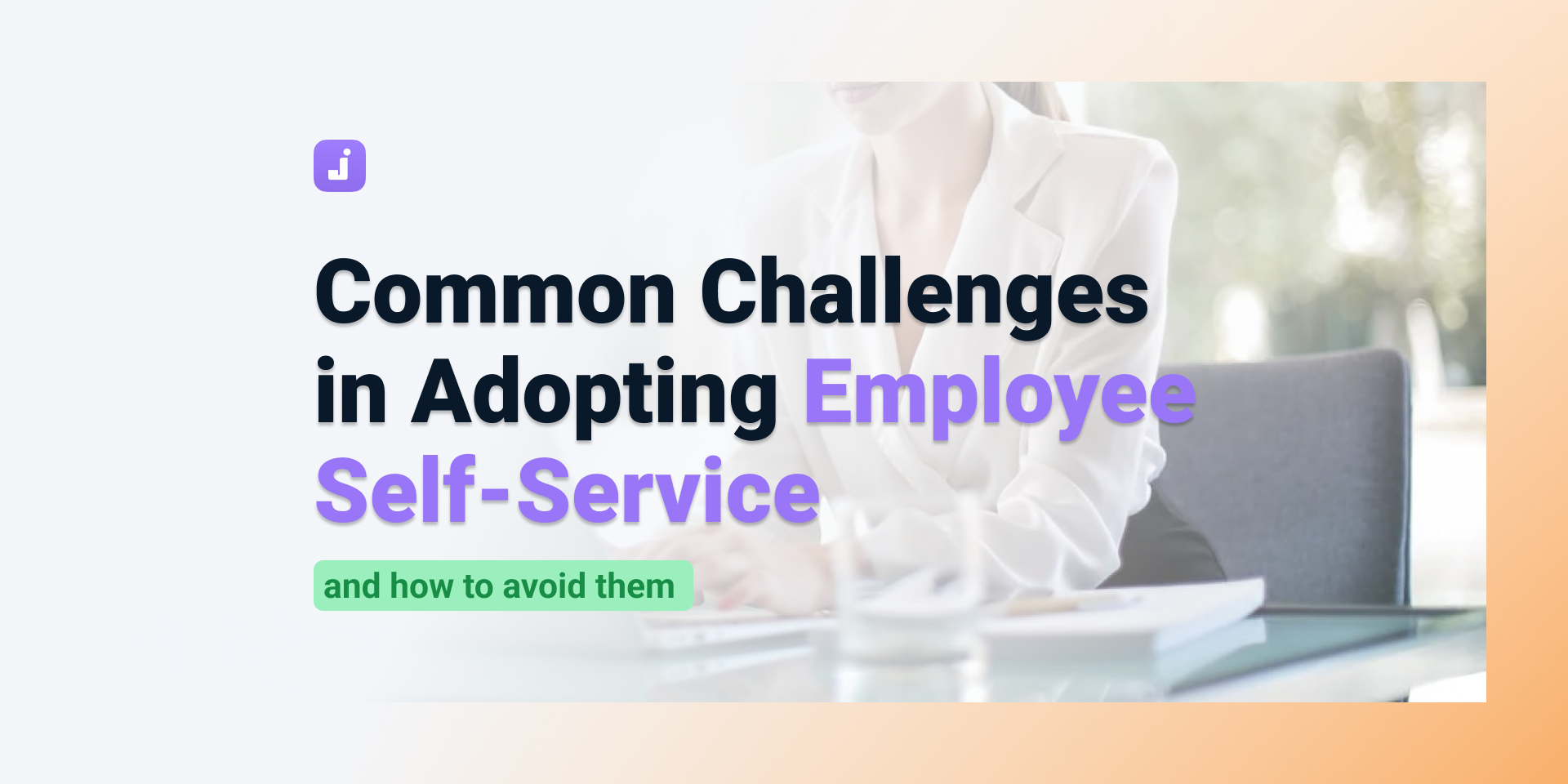A World of Talent: Expanding Your Workforce Internationally with HRIS Systems Software
According to the Demand for Skilled Talent Report, 73% of employers in 2024 will increase international hiring with a remote work policy. In an interconnected world, businesses now enjoy the immense opportunity to source talent globally.
International hiring provides access to a global talent pool that is characterized by diversity and more varied skills. This allows organizations to scale operations, enhance creativity, and gain a competitive edge.
However, managing a global workforce presents unique challenges, which requires robust solutions. Using human resource information systems (HRIS) software provides such a solution. Further in the article, we will explain how this tool streamlines managing a global workforce.

Why expand your workforce internationally?
The global talent pool offers opportunities beyond what local hiring can achieve. By recruiting from different regions and countries, organizations can tap into specialized skill sets. As of 2024, 71% of organizations recruited internationally, hunting for elite talent. This approach fosters innovation. It also helps businesses meet diverse customer needs.
Expanding internationally also ensures business continuity. By spreading operations across different time zones, companies can serve global markets more efficiently. This facilitates round-the-clock productivity. Furthermore, diversifying your workforce contributes to a dynamic company culture. Doing so also encourages fresh perspectives and facilitates cross-cultural collaboration.
Yet, these advantages come with challenges. Companies expanding abroad may lack understanding of local labor laws. Besides, it becomes harder for them to manage payroll and ensure compliance. The complexity of international operations requires a well-organized and strategic approach.
Challenges of Managing an International Workforce
A key challenge in managing a global workforce is compliance with diverse regulations. Labor laws, tax obligations, and employee benefits differ significantly across different countries. Each employer must strictly adhere to national regulations to avoid legal complications. For instance, overtime rules differ from one country to another. This requires meticulous tracking and compliance procedures.
Additionally, new challenges may arise from cultural differences and communication barriers. Businesses that want to expand globally must not overlook this. Misunderstandings can stem from workplace norms and expectations that are poorly aligned. This leads to inefficiencies or conflicts if not addressed duly. Time zone differences further complicate collaboration and scheduling. It is particularly challenging for teams collaborating across continents.
Moreover, managing payroll for a global workforce is a challenging task. International payroll involves handling multiple currencies. Understanding tax deductions in various jurisdictions is another hurdle. All these nuances make it pretty difficult to ensure timely and accurate payments. In fact, 27.42% of teams surveyed agreed: measuring productivity is the biggest challenge that remote work has precipitated.
And this is where HRIS software proves to be invaluable.
How HRIS Systems Software Facilitates Global Workforce Management
A human resource information system, or HRIS for short, is software or a single platform that simplifies managing a global workforce. It automates many HR tasks and, by doing so, lets businesses focus on growth and innovation rather than administrative hurdles.
Centralized Data Management
Centralized data management is one of the key advantages of HRIS systems. The software stores all employee records, contracts, and compliance documents in a secure, single location. This ensures consistency and accessibility because HR teams can access critical information, no matter where the employee is. Additionally, real-time updates keep records accurate and up-to-date. This also aligns company processes with changing regulations.
Automating Compliance
Compliance automation is another critical feature of HRIS software. It is essential to follow local labor regulations and tax laws. And it is often hard to ensure compliance when managing a global team. Forty-three percent of companies report major issues with international labor compliance. HRIS systems have customizable compliance modules. These tools generate compliant contracts and automate tax filings. They help organizations meet legal requirements, minimize risks, and save time.
Streamlining Payroll Across Borders
International payroll management becomes seamless with HRIS systems. These platforms integrate with global payroll services. They automate calculations for taxes, deductions, and currency conversions. Besides, they simplify payslip distribution and ensure payments arrive to workers on time. This undoubtedly boosts employee satisfaction.
Enhancing Communication
HRIS has tools that improve communication and collaboration. They help remote work teams connect better. Workers can access information, request a leave, and talk to HR specialists from anywhere. They can do this via self-service portals and real-time messaging. These tools promote inclusion and engagement. These are key instruments helping to retain top talent.

Key Features to Look for in HRIS Software for International Teams
Choosing the right HRIS software is vital. It can make or break your global workforce management. For businesses operating internationally, the following features are non-negotiable.
Multi-Currency and Multilingual Support
Multi-currency and multilingual support is essential. With employees working in many countries, companies need to process payroll in various currencies. They also need to support many languages. This ensures seamless operations.
Customizable Compliance Modules
Customizable compliance modules are also important. They allow organizations to tailor the software to meet specific regulations in different jurisdictions.
Robust Analytics and Reporting
Analytics and reporting capabilities provide valuable insights into workforce performance and HR operations. These tools help organizations identify trends, measure productivity, and make data-driven decisions. For example, analysts can pinpoint areas with high employee turnover. This allows HR teams to address issues proactively.
Cloud-Based Accessibility and Scalability
Cloud-based accessibility is another critical feature for organizations managing a distributed workforce. A cloud-based HRIS ensures that data is accessible anytime from anywhere. It helps manage teams across time zones. Another crucial concern is scalability. Cloud-based HRIS software lets businesses grow without changing their tech stack essentially.
Best Practices for Implementing HRIS Systems Software Globally
Implementing HRIS software for a global workforce requires careful planning and execution. These best practices are must-haves in the process of implementing HRIS systems.
1. Start by assessing your organization’s specific needs and goals. Knowing your workforce size, regions, and challenges will help you choose a platform.
2. Training and onboarding are critical for successful implementation. Ensure that your HR team and employees understand how to use the system effectively. Training sessions and guides can boost adoption rates. Make sure they are comprehensive and user-friendly.
3. Regularly review feedback from users to identify areas for improvement. To meet your organization's changing needs, the software must be updated and optimized. Many HRIS providers offer customizable features. As your business grows or regulations change, they can adapt, too.
4. Also, consider integrating your HRIS with other tools, such as project management software and communication platforms. This ensures a seamless flow of information and improves efficiency.

Scale Your Operations Smoothly Using HRIS Systems
Expanding your workforce internationally can unlock greater opportunities. It can drive growth, innovation, and global reach. But managing an international team poses challenges. These include compliance, payroll, and cultural barriers. Communication can also be difficult.
HRIS systems serve as a powerful ally in overcoming these obstacles. They simplify global workforce management. They centralize data, automate compliance, and streamline payroll and communication. With the right features and a good plan, HRIS software lets businesses focus on their goals, not on administrative hurdles. It helps them manage the complexities of global operations.
In our connected world, we must use tech to expand globally. It is not optional. Choose the right HRIS system. It will unlock a world of talent ready to drive your business forward.


.png)









